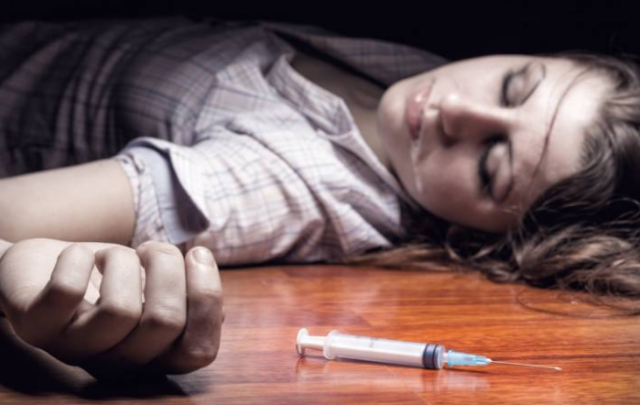 Medicaid patients are three times more likely to overdose than those with other types of insurance
Medicaid patients are three times more likely to overdose than those with other types of insurance
Medicaid patients in Pennsylvania who experienced an opioid or heroin overdose were prescribed more opioids at high rates, according to a study from the University of Pittsburgh Graduate School of Public Health.
The study evaluated Medicaid claims in Pennsylvania from 2008 through 2013 for those individuals ages 12 to 64 who had experienced a prescription opioid or heroin overdose. There were 6,013 cases found—3,945 were individuals who overdosed on prescription opioids and 2,068 overdosed on heroin.
According to data from the Centers for Disease Control and Prevention, individuals on Medicaid are three times more likely to have a risk of opioid overdose than those who are privately insured.
Fifty-nine percent of those who overdosed on opioids were given opioid prescriptions after they overdosed, and 39.7 percent of those who overdosed on heroin were given the same.
“Our findings signal a relatively weak health system response to a potentially life-threatening event,” said Julie Donahue, Ph.D., who authored the study. “However, they also point to opportunities for interventions that could prevent future overdoses in a particularly vulnerable population.”
Such alternative methods to help those who have overdosed include a combination of medication and behavioral therapy.
“Medication-assisted treatment includes coupling prescriptions for buprenorphine, methadone, or naltrexone—medications that can reduce opioid cravings—with behavioral therapy in an effort to treat the opioid use disorder,” the report states. “Such treatment increased modestly among the patients using heroin by 3.6 percentage points to 33 percent after the overdose, and by 1.6 percentage points to 15.1 percent for the prescription opioid overdose patients.”
In addition to this type of treatment, notifying clinicians of the patient’s overdose can reduce risk so they are more aware of the condition and can consider whether or not to prescribe more opioids.
“When patients are seen for an overdose, it is a chance for the medical system to not only stabilize them, but engage patients in addiction treatment programs when needed and take steps to reduce the likelihood of another overdose,” said Donahue. “Based on our data, I do not believe this opportunity is being fully realized.”
(First reported by Washington Free Beacon) http://freebeacon.com/issues/report-medicaid-patients-opioid-heroin-overdose-prescribed-opioids-high-rates/ (August 26, 2017)
Want more BFT? Leave us a voicemail on our page or follow us on Twitter @BFT_Podcast and Facebook @BluntForceTruthPodcast. We want to hear from you! There’s no better place to get the #BluntForceTruth.






